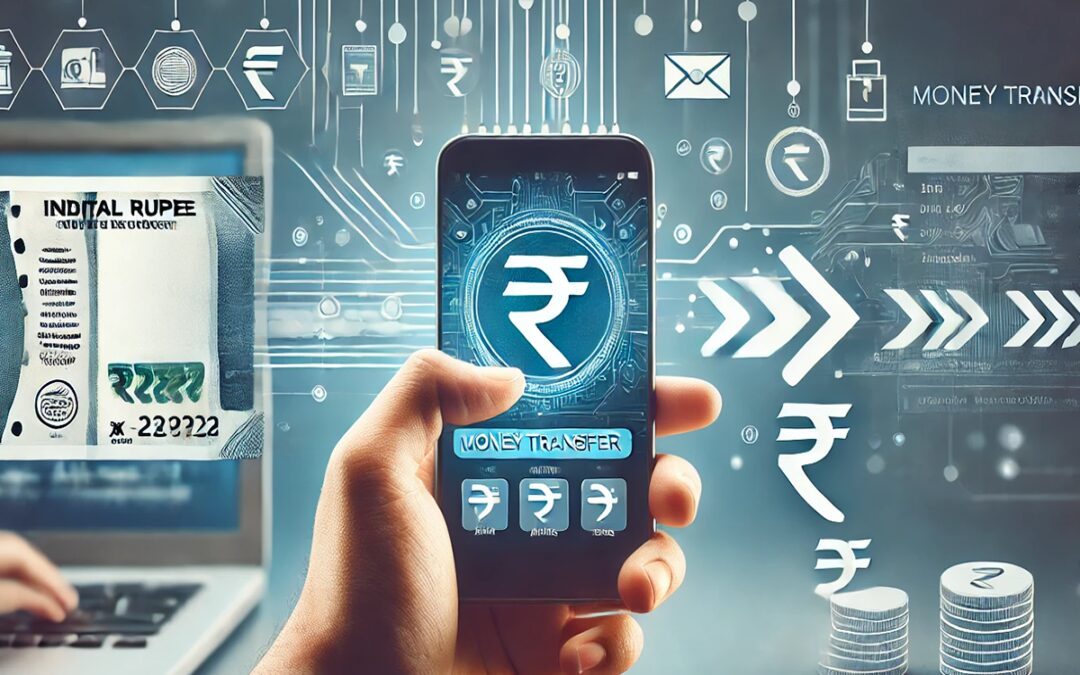The Reserve Bank of India (RBI) recently issued a new framework on Domestic Money Transfer (DMT) for regulated firms, making stricter Know Your Customer (KYC) record standards, focusing on banking services, payment systems. The new guidelines will come into effect from November 1, 2024.
According to the RBI in a circular dated 24 July, 2024 said, “There has been significant increase in the availability of banking outlets, developments in payment systems for funds transfers, and ease in fulfilling KYC requirements etc., since then; and now users have multiple digital options for funds transfer. A review was recently undertaken of various services facilitated in the current framework.”
The updated rules are designed to guarantee adherence to current financial legislation and enhance the security of domestic money transfers. With the ongoing evolution of cashless and digital transactions, these steps seek to offer a robust and safe framework for money transfers within India.
Now earn FD interest rate up to 7.9%: Latest HDFC Bank, SBI, ICICI Bank, Axis Bank fixed deposit rates compared
“The new guidelines reaffirm the need for Domestic Money Transfer, especially for Bharat customers, to complement digital payments in today’s era. The new KYC requirements are consistent with RBI’s stance on tighter KYC to prevent fraud and misuse. We also believe these guidelines will help standardize and elevate the customer experience across various touchpoints,” said Yashwant Lodha, Co-founder, PayNearby.
Here is a look at what will change from November 1, 2024.
Cash Pay-out Service
The remitting bank shall obtain and keep a record of the name and address of the beneficiary.
Cash Pay-in Service
Verify cell phone number and documents
Remitting banks or Business Correspondents (BCs) will register the remitter using a verified mobile phone number and a self-certified ‘Officially Valid Document (OVD)’ as specified in the Master Direction – Know Your Customer Direction 2016, as revised from time to time.
Additional Factor of Authentication
Every transaction by a remitter shall be validated by an Additional Factor of Authentication (AFA).
Income Tax Act, 1961
Remitting banks and their BCs must follow the provisions of the Income Tax Act of 1961 and the rules / regulations issued thereunder (as amended from time to time) regarding cash deposits.
Remitter details
Remitter bank should include remitter details as part of the IMPS / NEFT transaction message.
Cash-based remittance
The transaction message should include an identifier to identify the fund transfer as a cash-based remittance.
According to the RBI notification dated October 5, 2011, “A walk-in customer at a bank branch can remit funds up to Rs. 50,000 to the bank account of a beneficiary through NEFT. Besides, banks are also permitted to allow such customers to transfer funds to a Bank account of a beneficiary through BCs, ATMs, etc. up to a maximum amount of Rs.5,000 per transaction with a monthly cap of Rs. 25,000. Such a walk-in customer needs to provide minimum details like his name and complete address to the remitting bank.”
The guidelines on Card-to-Card transfer are excluded from the purview of the DMT framework and shall be governed under the guidelines / approvals granted for such instruments.










